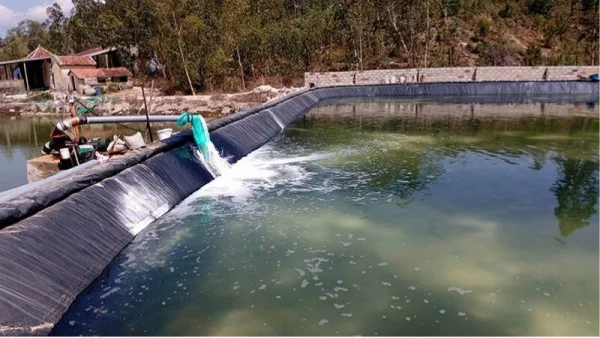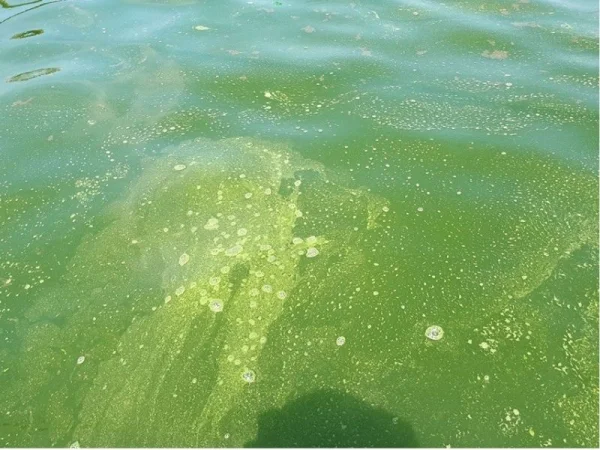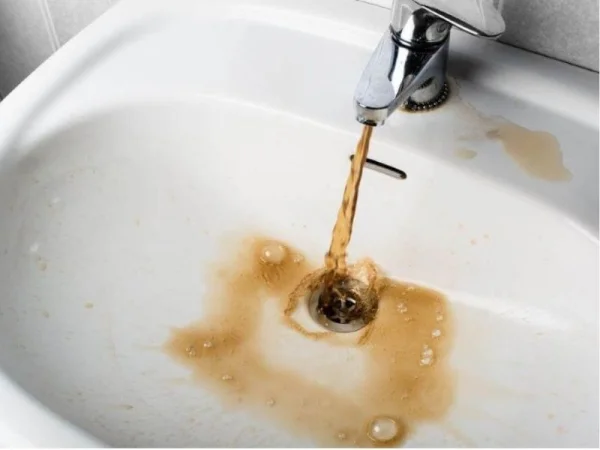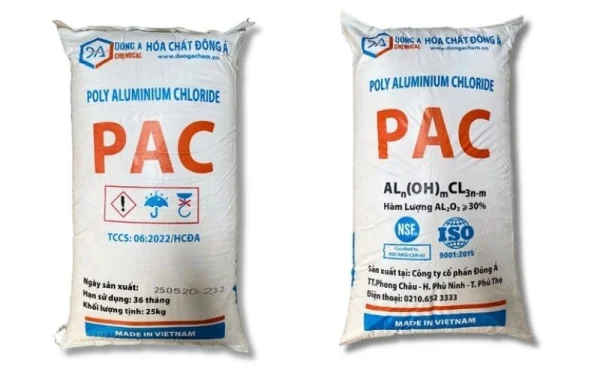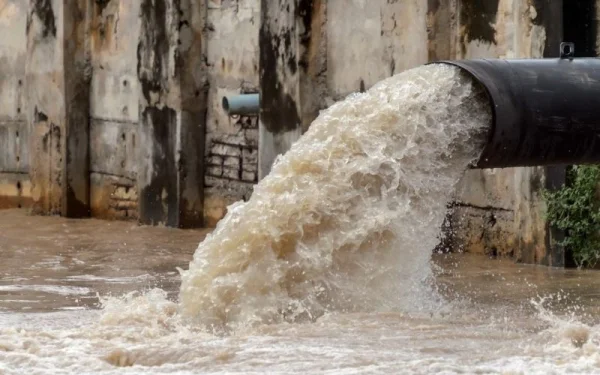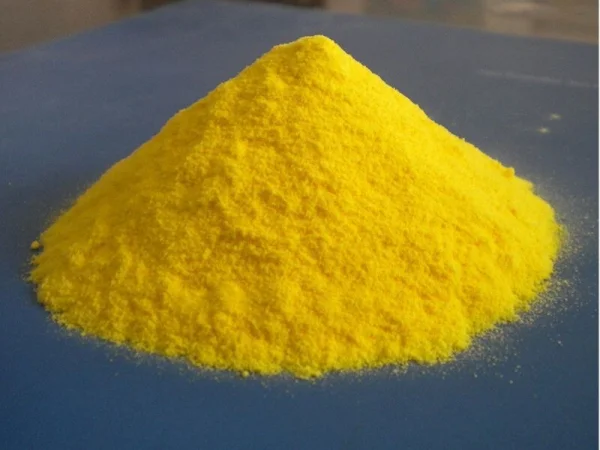
Water with a high pH is not only unpleasant but can also be harmful to your health. Therefore, knowing how to treat water with a high pH is extremely necessary. In this article, we will recommend a few effective methods to treat water with a high pH, to ensure the water used in daily life is safe and good for your family's health. Let's learn and apply these solutions to enjoy clean, good and safe water.
Introduction to how to treat water with high pH
pH of water is an important index to determine the acidity or alkalinity of water. Water with a high pH can cause many problems for health and water supply systems. This can affect water usage in daily activities or in industries.
Definition of water with a high pH
Water with a high pH is water with a pH greater than 7. The pH scale ranges from 0 to 14, in which 7 is neutral, pH less than 7 is acidic water and pH greater than 7 is alkaline water.
Causes of high pH in water
There are many causes of high pH in water, including:
- Nature's impact: Groundwater that comes into contact with alkaline rocks, such as limestone, will have a high pH.
- Human impact: Industrial and domestic wastewater contains alkaline substances, such as soap, detergents, fertilizers,... which also lead to increased pH of water.
- Accumulation of alkaline substances in water: When water comes into contact with air, carbon dioxide and ammonia gas in the air will dissolve into the water and create alkaline substances.
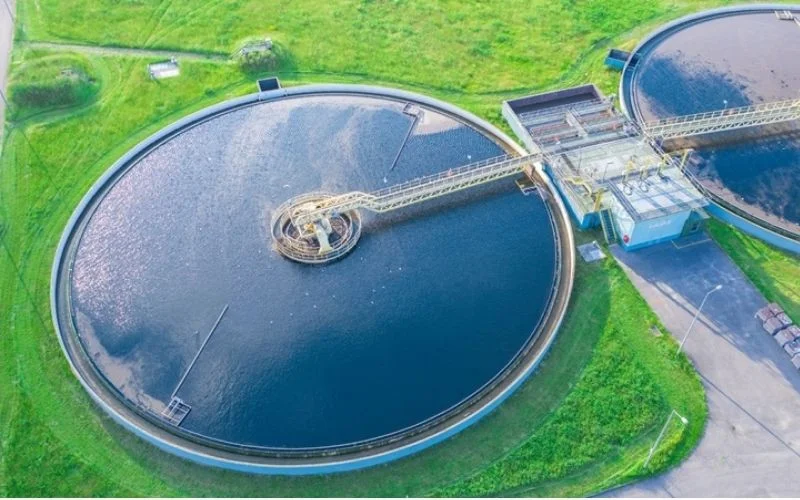
What are the consequences of mistakes in treating water with a high pH?
Water with a high pH means that it is alkaline, usually with a pH of 7.5 to 9.5. Water with a high pH can affect human health, plumbing systems and water-using equipment.
Effects on users' health
Water with a high pH can cause many negative effects on human health, including:
- Harmful to the skin: Water with a high pH can dry the skin, causing itchiness and irritation.
- Harmful to the teeth: Water with a high pH can erode tooth enamel, leading to tooth decay and other dental diseases.
- Cause of indigestion: Water with a high pH can reduce the amount of acid in the stomach, leading to indigestion and other digestive problems.
- Cause of increased risk of cancer: Some studies show that water with a high pH may increase the risk of certain types of cancer, such as bladder cancer and kidney cancer.
Significant impacts on plant and animal life
Water with a high pH can cause several negative effects on flora and fauna, including:
- Harmful to skin and fur: Water with a high pH can dry out an animal's skin and fur, leading to itchiness and irritation.
- Harmful to the digestive system: Water with a high pH can change the animal's intestinal flora, leading to digestive problems.
- Harmful to plants: Water with a high pH can reduce the plant’s ability to absorb nutrients, leading to malnutrition and reduced productivity.
Effects on water supply systems and plumbing
Water with a high pH can have some negative effects on water supply and plumbing systems, including:
- Cause of sediment: Water with a high pH can increase the accumulation of sediment in pipes, leading to reduced water flow and increased risk of leaks.
- Cause of corrosion: Water with a high pH can corrode metal pipes, leading to damage to the water supply system.
- Reduction of the effectiveness of disinfectants: Water with a high pH can reduce the effectiveness of disinfectants, leading to the risk of water contamination.
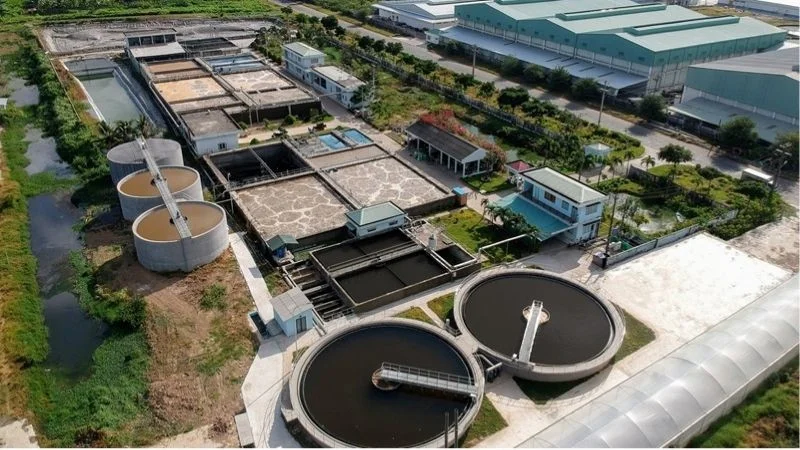
How to treat water with a high pH
Water with a high pH is a common problem in domestic and industrial water treatment. High pH can cause many problems, including effects on human health and water-using equipment. This is because water with a high pH often contains many minerals and corrosive substances.
Using a pH adjustment system
A pH adjustment system is a device that uses chemicals to neutralize alkalinity in water. This system is often installed at factories, industrial parks,... to treat wastewater.
Using pH-adjusting chemicals
There are a variety of chemicals that can be used to adjust the pH of water, including:
- Hydrochloric acid (HCl)
- Phosphoric acid (H 3 PO 4 )
- Nitric acid (HNO 3 )
- Carbon dioxide (CO 2 )
When using chemicals to adjust the pH of water, be careful to use the correct dosage to avoid polluting the environment.
Adjusting pH using natural methods
There are several natural methods that can be used to adjust the pH of water, including:
- Use of limestone: Limestone is alkaline, when dissolved in water it will increase the pH of water.
- Use of lemon and orange peels: Lemon and orange peels contain citric acid, which will reduce the pH of water when dissolved in water.
- Use of vinegar: Vinegar contains acetic acid, which will reduce the pH of water when dissolved in water.
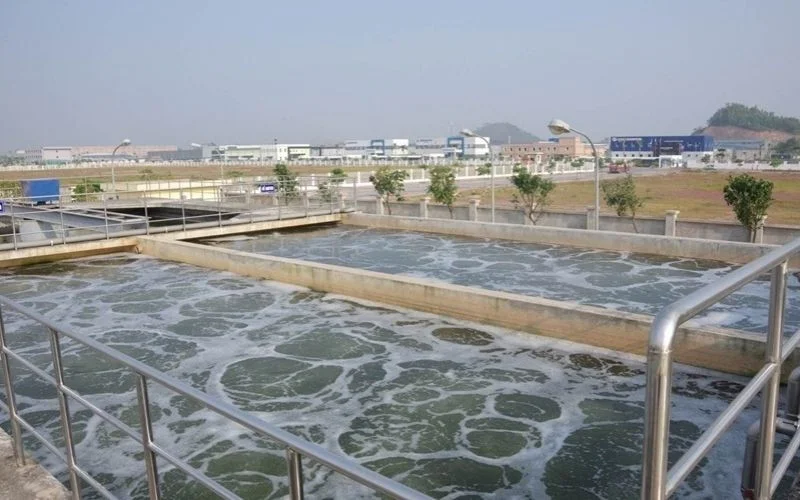
Measures to prevent and maintain pH in water
Preventing and maintaining pH in water is an important process in protecting and caring for clean water, especially in domestic and industrial water systems. The pH is an important meter of acid or basic level of a solution. Maintaining a stable pH level in water helps keep the system operating properly and avoiding problems such as pipe corrosion, sediment buildup, bad odors, and effects on human health.
Periodically checking the pH level in water
This is the most important measure to detect problems of pH in water early. The pH of water can change over time, due to factors such as weather, human activities, etc. Therefore, it is necessary to check the pH of water regularly, at least every 6 months.
Maintaining and cleaning water supply systems
Water supply systems can be contaminated with chemicals, metals, etc. These substances can change the pH of water. Therefore, it is necessary to clean and maintain water supply systems regularly to ensure the pH of water.
Employing a water filtration system
The water filtration system can help remove contaminants that change the pH of water. Therefore, using a water filtration system is an effective measure to maintain the pH of water.
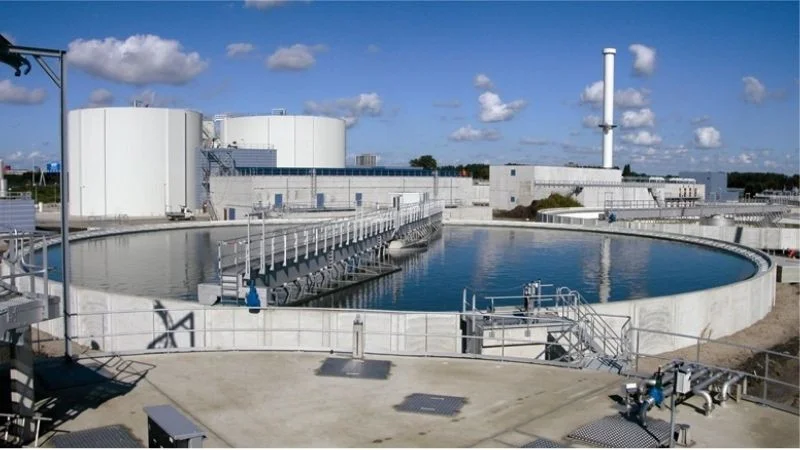
Dong A Chemical has just learnt about ways to treat water with a high pH . Hopefully, the knowledge and information in this article will be useful to you. If you are looking to buy chemicals, especially caustic soda or chlorine, or you are looking for a chemical water treatment unit, please contact Dong A via hotline: (+84)985797941 or via website: dongachem.com. With many years of experience in the industry and a team of excellent staff, we commit to bring customers the best experience.
Related Articles
5 effective methods of shrimp farming wastewater treatment
Shrimp farming wastewater contains large amounts of antibiotics, organic matter and pathogenic ...
Highly Effective Method for Polluted Pond Water Treatment
Finding out the causes and having methods to treat polluted pond water will help shrimp and fish ...
What is alum-contaminated water? How to effectively treat alum-contaminated water?
A lum-contaminated water often occurs in rural areas, plains,... where wet rice is grown or there is ...
General list of currently popular wastewater treatment chemicals
Currently, wastewater treatment chemicals are one of the most effective solutions to the problem of ...
What is wastewater treatment? Present methods for treating wastewater
What is wastewater treatment? This is essentially an important process to reduce pollution before ...
Summary of applications of PAC chemical for water treatment
PAC water treatment chemicals are not only commonly used in Vietnam but also in many countries ...

